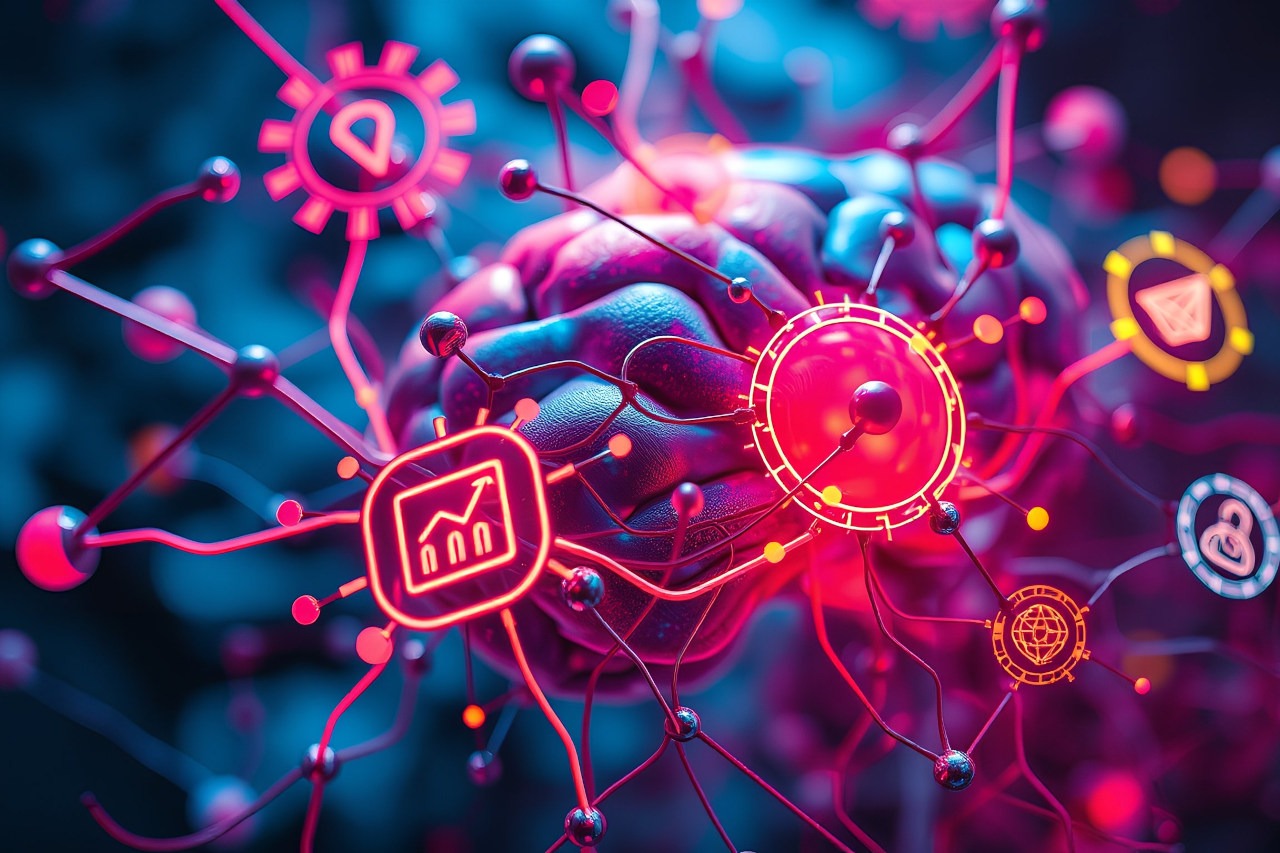In traffic, at a soccer game, or on the Internet – we encounter advertising messages everywhere. Can they seduce us without us noticing, and can our brains be influenced by neuromarketing?
Psychology
They have no conscience and know neither fear nor compassion. However, these characteristics do not necessarily make psychopaths merciless criminals. In reality, it is a combination of factors that determines whether someone becomes a serial killer or ends up on the executive floor of a company.
There are some bad habits that we would like to get rid of as quickly as possible. But why is this often so difficult? Why is our brain so attached to recurring behaviors and what can we do about it?
At night, while we sleep, we process sensory stimuli that we have absorbed and stored during the day. But can our brain also store new knowledge during our night’s sleep?
We can fly like a bird or suddenly find ourselves naked in front of our boss: some of the things we experience in our sleep are just strange. With a few simple tricks, dreams can be experienced consciously – and even controlled.
Whether it’s pester power strategies, signs with short-term offers or special scents in the air: by now we are all familiar with the trickery that supermarkets use to get us to buy. But why do we fall for them again and again?
Almost everyone has encountered déjà vu – the sudden feeling of having experienced a similar situation before. But where does it come from?
Neuroscientists can peer into our brains and read what we are thinking. There are also less chilling possibilities, such as prosthetics that can be controlled by the power of thought.
Soldiers in crisis areas or aid workers on disaster relief missions often have traumatic experiences. The images, sounds and smells remain with some people for the rest of their lives. What happens in our brain? And can trauma be healed?
Forget everything you thought you knew about dieting – a number of new studies show: It’s not what or how much we eat. Rather, it is where, when, and from what kind of plate we eat determines whether or not we gain weight. The good news: With a few simple tweaks, we can change our eating habits.













